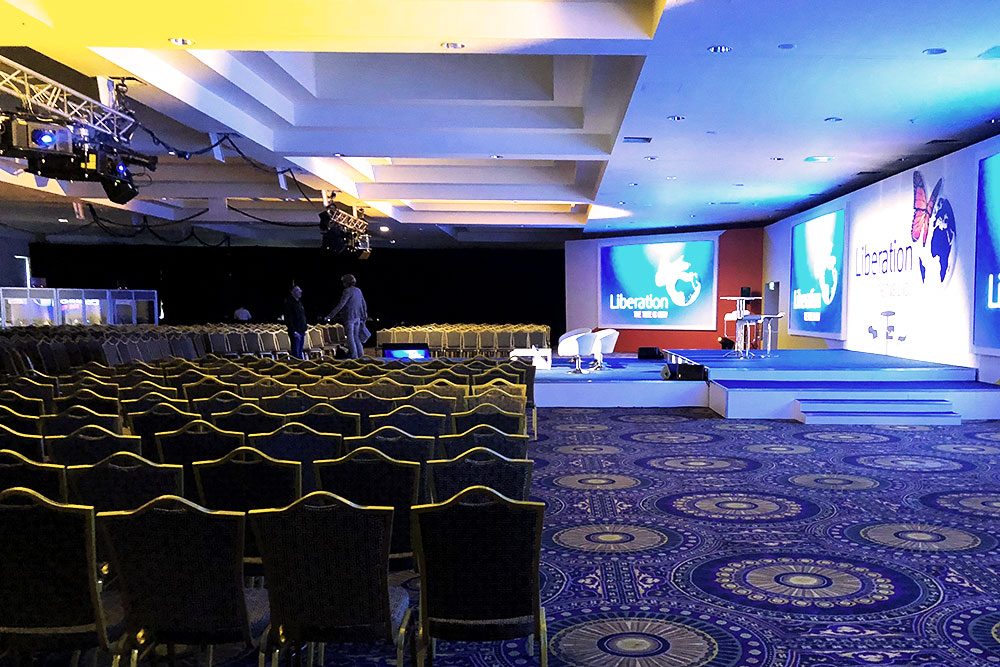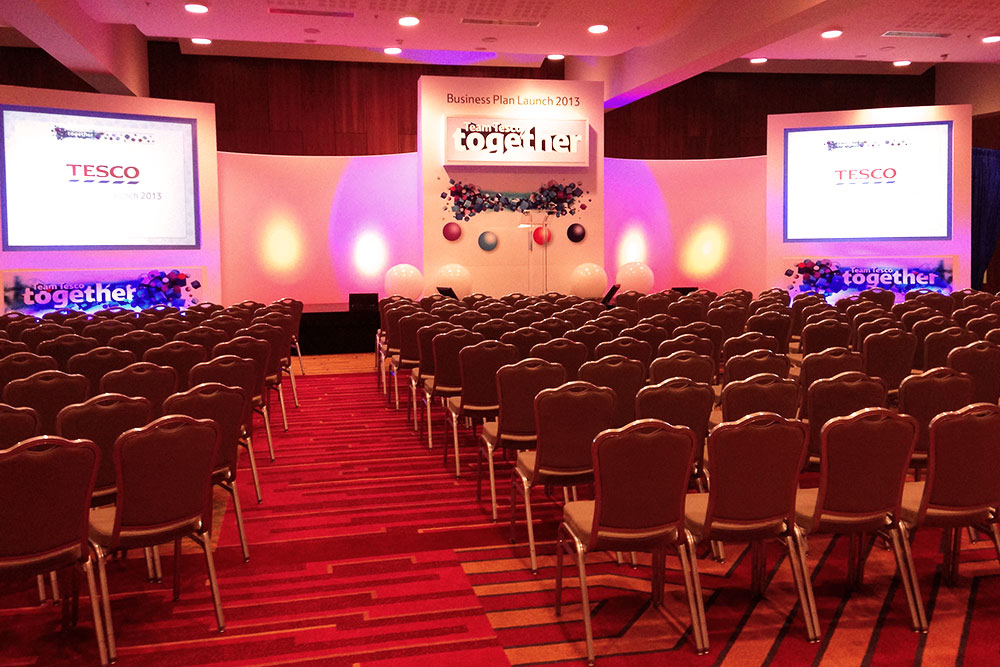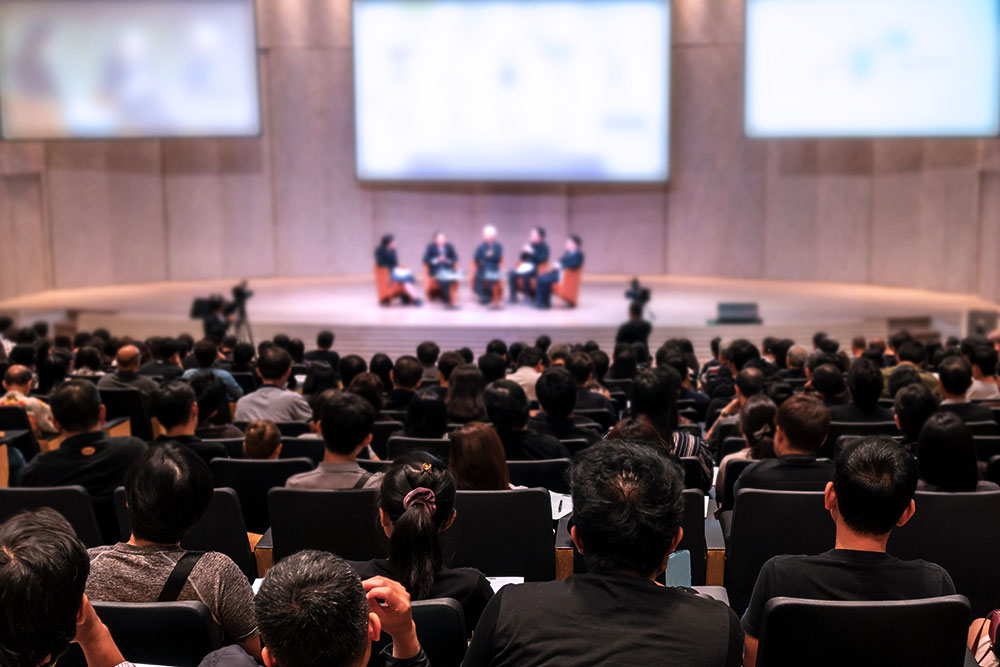Conferencing provides an invaluable forum for insightful learning and intrinsic networking.
Enhancing both professional and personal development, conference style learning and connecting is invaluable in business.
From small business meetings to large international conferences our conference planners possess a wealth of experience and originality ensuring event attendance is value driven.
Each minute detail is planned thoroughly, from speaker management to venue administration, for both business and social programmes prioritising the client, delegates and sponsors.

What Makes a Successful Conference?

Organisation
In many ways, organising a conference is similar to preparing a lesson. There are pre-, during and post- arrangements to be made, and a backup plan for each phase. The more thought that is put into the planning phase, the better the conference.
So we can say that organisation is the backbone of a successful conference: it’s where everything starts, where everything ends, and where we consider what everyone expects from a conference. And as we know, feedback forms don’t lie!
Venue
Comfortable rooms, high quality equipment, ease of access, transport to and from (i.e. hotels and venue) are the first things that come to mind when we think of a successful conference venue.
Free Wi-Fi is also a great concern for many participants who work online and who cannot afford to take a full day off to attend a conference.


Advertising
Successful conferences usually have a very well designed advertising strategy. A conference teaser is sent out months in advance of the official announcement so that expectations are created and interest in attending. Well thought-out, catchy conference themes, logos, and slogans are certain to form a positive image of the conference in prospective participants’ minds and remain there for many years after the conference is over. Test this out. Which ones do you remember from, say, more than 5 years ago?
For the conference organisers, good advertising is a means of attracting sponsorship and casting the sponsorship net wider, which of course leads to the conference being able to provide more… in volume and quality.
Plenary Sessions
We all know that plenary sessions are not to be missed because they are a chance to see and hear our favourite speakers!
Along with that, there is the warm feeling of belonging to a group when the auditorium is packed full. Memorable plenary sessions are part and parcel of successful conferences.


Support for Speakers
It is common now to find a lot of support for speakers before and during conferences.
They sometimes have a minder, a quiet room to review their notes before delivering their sessions and to relax afterwards. First-time presenters will never forget their first conference. Successful conferences ensure that the inexperienced and the unknown attract a reasonable audience, by scheduling their sessions appropriately.
Size of Conference
I tend to prefer small conferences where I can get to meet and make friends. It is rare to find a small conference that has not been successful. However, in recent years very large conferences have provided an online space where communication amongst participants starts weeks before the actual conference begins.
The British Council-IATEFL Online initiative is a good example of how to make a large conference friendly and warm, despite the large number of delegates. I think that a successful conference is one that finds ways to keep the communication flow constant pre-, during and post-conference.


Conference Participants
Last but not least, conferences are made up of people. These include the organising committee, presenters, minders, support staff, exhibitors, visitors, venue staff and gate-crashers!
We find that it is when everyone involved is willing to make things happen, to make this the best conference ever, and of course to show cheerful flexibility in making adjustments and compromises when things don’t turn out exactly as expected that, by a combination of all these things, ultimately we end up with a successful conference.

